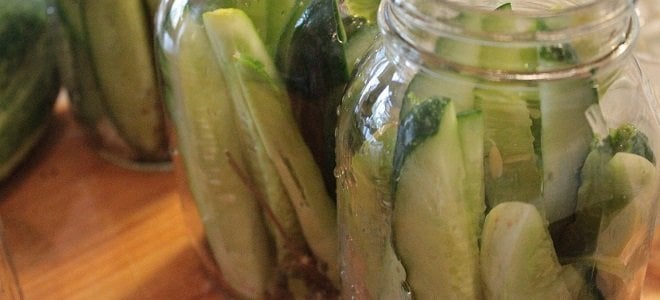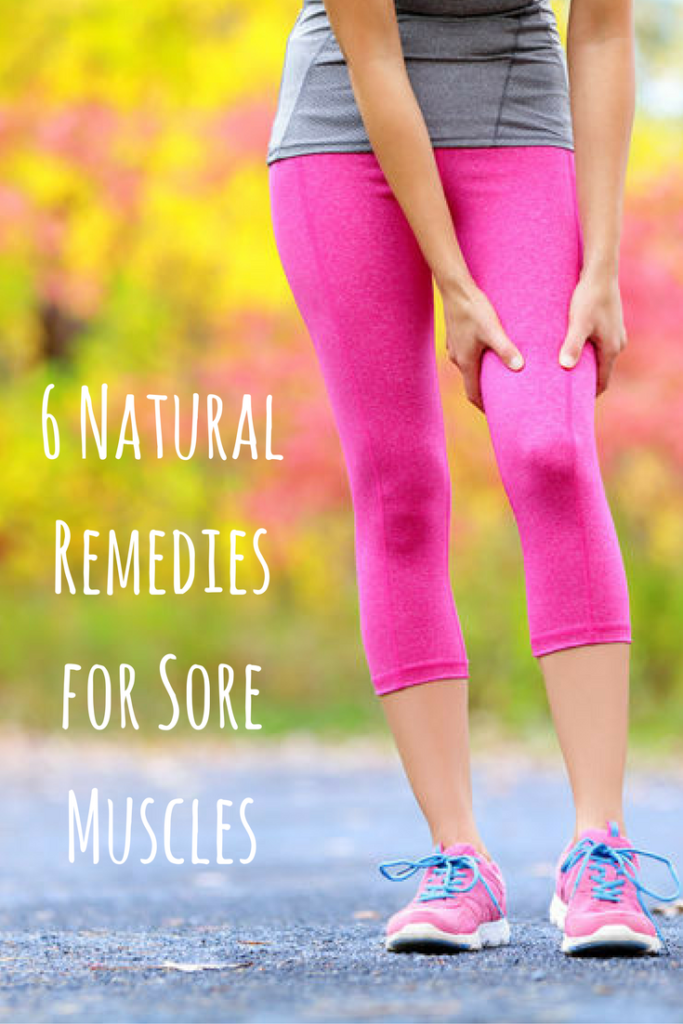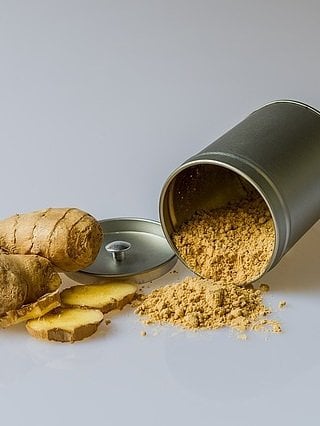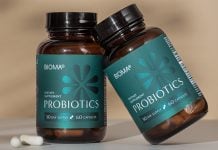
Simple Cures for Sore Muscles
Sore muscles are a killer! We’ve all been there… after a serious workout you are so sore it’s hard to get out of the bed the next day (especially the following day). Check out these natural remedies that are sure to help your sore muscles!
Ditch those sore muscles
Every athlete knows exactly what’s meant by “no pain, no gain.”
Small ruptures of muscle fibers, also known as micro-tears, are needed to build and strengthen muscles. Muscle breakdown results in swelling, inflammation, and oxidative stress, which often translates to pain that persists past what even the best endorphin-high can cover. The standard recommendations for treating post-workout muscle soreness include stretching, icing, hydration, rest, and anti-inflammatory drugs (NSAIDs).
If you’ve ever done all of those things and have still woken up the next day barely able to move, it may be time to go the extra mile with some natural remedies.
1. Pickle Juice
 The story is legendary: on Sunday, September 3rd, 2000, the Philadelphia Eagles upset the Dallas Cowboys 41 – 14 in stifling heat, as high as 130 degrees, the hottest game in NFL history.
The story is legendary: on Sunday, September 3rd, 2000, the Philadelphia Eagles upset the Dallas Cowboys 41 – 14 in stifling heat, as high as 130 degrees, the hottest game in NFL history.
The players credited their amazing performance to pickle juice, favored by their trainer, which they drank right before the game started.
Ten years later, science confirmed what experience had taught the Birds’ trainer: a shot of pickle juice, about 3 oz, not only prevents muscle soreness, it also stops cramps once they begin. The research showed that pickle juice beat water (it’s not all about hydration!) and sports drinks (it’s not all about electrolytes!) for athletic muscle pain.
Scientists believe it works because its acidity triggers a reflex that stops overactive neurons which causes cramps, from firing.
2. Cayenne Pepper
Hot peppers such as cayenne contain capsaicin which stops soreness by reducing the transmission of pain signals to the brain. When applied topically, cayenne creates a sensation of heat and down-regulates pain receptors after the ointment has been used regularly for 1 – 2 weeks.
Commercial capsaicin creams are available over-the-counter, and DIYers can whip up homebrew by mixing 1 tablespoon of ground cayenne pepper with 5 tablespoons of coconut oil. In either case, apply generously over sore muscles. Avoid this if you’re allergic to pepper, and watch your eyes…this stuff burns!
3. Tart Cherry Juice
Tart cherry juice reduces pain in endurance athletes, who otherwise rely on NSAIDs to cope with activities such as long-distance running. Ten ounces twice a day was the magic amount studied, equivalent to 50 cherries a pop. Tart cherries contain anti-inflammatory compounds and are effective for both acute and chronic pain, and for prevention as well as treatment.
Tart cherries are not the same as the cherries commonly found in supermarkets. Because they are delicate and difficult to transport, tart cherries tend to be found in the freezer section of your market, or as juice. They are also available in powder and concentrated supplements.
4. Magnesium Oil
Magnesium oil is the secret sauce used for racehorses, improving oxygen delivery to muscles and promoting muscle endurance, strength and relaxation. It’s not oil at all, but the name has stuck to this highly concentrated solution of magnesium chloride in water.
It’s highly absorbable and delivered directly to muscle tissue when applied to the skin. Three fine mist sprays applied to the hand and rubbed into sore muscles do the trick and can be repeated as often as needed. Magnesium oil poultices, liniments, and cream are also available.
Oral supplements, which have to be digested before entering the bloodstream, do not have an immediate effect and are not recommended for acute pain relief.
5. Ground Ginger
 Fans of the Ayurvedic tradition will recognize ginger as a staple herb for treating muscle soreness. Modern science supports the ancients with many studies finding health benefits from ginger consumption. Most recently, ground ginger was evaluated as a post-exercise treatment in competitive female Taekwondo players ages 13 – 25.
Fans of the Ayurvedic tradition will recognize ginger as a staple herb for treating muscle soreness. Modern science supports the ancients with many studies finding health benefits from ginger consumption. Most recently, ground ginger was evaluated as a post-exercise treatment in competitive female Taekwondo players ages 13 – 25.
When compared to a placebo, one teaspoon of powdered ginger daily for six weeks was superior in relieving muscle soreness. Beyond its anti-inflammatory powers, ginger clears microcirculation channels, allowing nutrient-rich blood to flow to where it’s needed. Make room in that smoothie for this one!
6. Acupinch
OK, so you forgot the juice and the ointment, and now you’re experiencing the mother of all muscle cramps. You don’t have to maintain a stiff upper lip, you can actually use that part of your anatomy to find relief.
The technique for cup inch is simple: as soon as the cramp starts, pinch your upper lip between your thumb and index finger, in the area right below your nose, and keep pinching until the cramp subsides. Acupinch usually works within 20 – 30 seconds, and no one knows exactly why that is.
Dr. Donald Cooper used it when he was an Olympic team doctor, and reported it to have over 90% success with his athletes.
Wrap-Up
Whether you’re an elite athlete or just a weekend warrior, why not take a page from nature’s playbook the next time your muscles ache?
- 6 Natural Remedies for Sore Muscles - September 14, 2020


